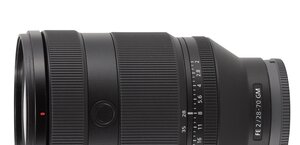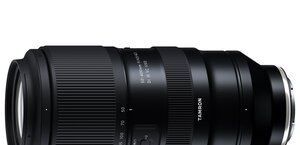Nikon Nikkor AF-S 85 mm f/1.4G
5. Chromatic aberration

Near the maximum relative aperture its value is the highest, amounting to ca. 0.1%. It is a medium level. Stopping down the lens by 1 EV is enough to make this aberration decrease to low level. On further stopping down the aberration level becomes negligible.
Please Support UsIf you enjoy our reviews and articles, and you want us to continue our work please, support our website by donating through PayPal. The funds are going to be used for paying our editorial team, renting servers, and equipping our testing studio; only that way we will be able to continue providing you interesting content for free. |
- - - - - - - - - - - - - - - - - - - - - - - - - - - - - - - - - - - - - - - - - - - - - - - -
Very fast lenses often experience problems with the longitudinal chromatic aberration. Nikkor is not an exception to the rule and that aberration is especially bothersome in its case. What’s more, on stopping down the aperture we see it decrease but not very satisfactorily. As you can see in the crops below the aberration remains clearly visible even by f/2.8.
 |
 |






